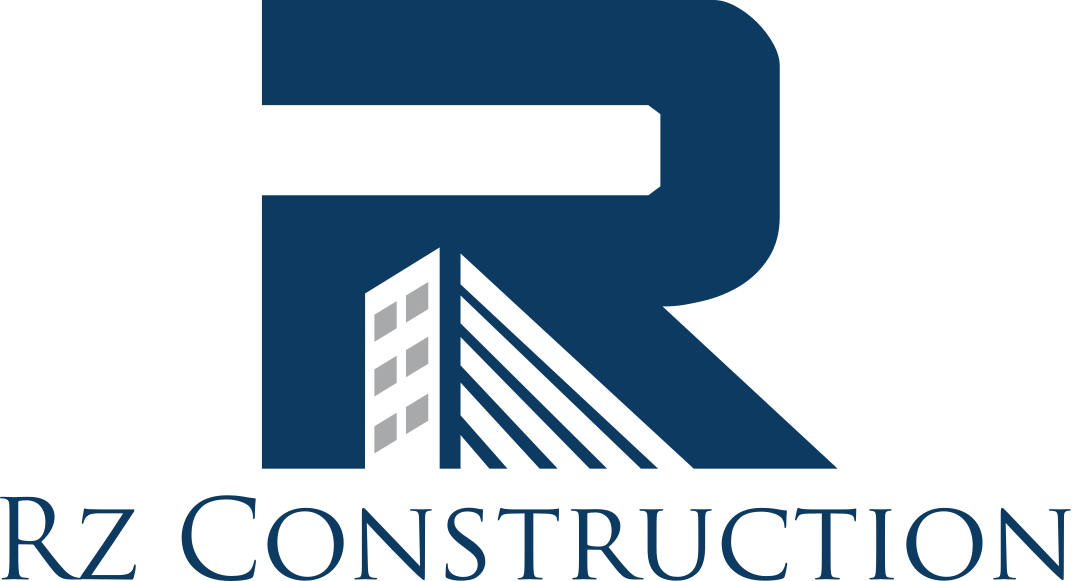In the complex world of construction, managing costs effectively is crucial for the success of any project. General contractors play a pivotal role in this process, offering expertise and strategies to keep budgets on track without compromising quality. This article explores how general contractors can be instrumental in controlling and reducing construction costs through various tried-and-tested methods.
1. Early Involvement in the Project
Strategic Planning from the Start
General contractors involved early in a construction project’s planning phase can significantly influence cost management. They contribute valuable insights during the design and pre-construction stages, identifying cost-saving opportunities and potential financial pitfalls. Early involvement allows for:
- Feasibility studies to assess the practical aspects of a project before financial commitments are made.
- Value engineering, where contractors suggest alternatives to materials and methods that can reduce costs while maintaining design intent and structural integrity.
2. Comprehensive Budget Management
Keeping Financials in Check
A key aspect of a general contractor’s role is to develop and manage detailed budgets. They ensure that every dollar is accounted for and that the project stays within financial constraints. Effective budget management includes:
- Detailed cost estimations that are accurate and based on current market rates.
- Regular budget reviews to track expenses and adjust projections as needed.
- Transparent communication with all stakeholders about financial status and decisions.
3. Effective Resource Allocation
Maximizing Efficiency and Minimizing Waste
General contractors optimize resource allocation, which is essential for cost control. They manage labour, materials, and equipment with an eye toward efficiency, including:
- Scheduling labor to avoid overtime and ensure the right skills are available at the right times.
- Procuring materials in bulk where possible and negotiating the best prices from suppliers.
- Using technology like Building Information Modeling (BIM) to predict and resolve conflicts before they occur saves money and time.
4. Strong Vendor Relationships and Purchasing Power
Leveraging Network Benefits
Experienced general contractors have established relationships with various suppliers and subcontractors. These relationships often translate into cost benefits for the project through:
- Competitive bidding processes where multiple vendors are invited to submit quotes, ensuring the best prices.
- Preferred rates and discounts due to high-volume or repeat business.
- Reliable supply chains that prevent delays and additional costs.
5. Risk Management
Anticipating and Mitigating Financial Risks
Risk management is integral to controlling construction costs. General contractors assess and manage risks by:
- Identifying potential risks early through their expertise and historical data.
- Implementing preventative measures to mitigate risks, such as securing site safety to avoid accidents and delays.
- Insurance and bonds to protect against unforeseen costs related to injuries, damages, or litigation.
6. Quality Control
Ensuring Long-Term Value
Maintaining high quality in construction satisfies client expectations and avoids costly repairs and replacements in the future. General contractors ensure quality through:
- Regular inspections and audits to adhere to building codes and specifications.
- Employing skilled labor and using high-grade materials that provide durability and better performance.
- Effective project management that coordinates all activities to maintain quality standards.
The Crucial Role of General Contractors
General contractors are more than just overseers of construction activities. They are crucial partners in financial management, helping to plan, monitor, and adjust the use of resources effectively. Their expertise helps keep the project within budget and ensures that it is completed on time, within scope, and to the required quality standards. By leveraging their skills and resources, general contractors can deliver projects that meet and exceed expectations while maintaining financial discipline.
